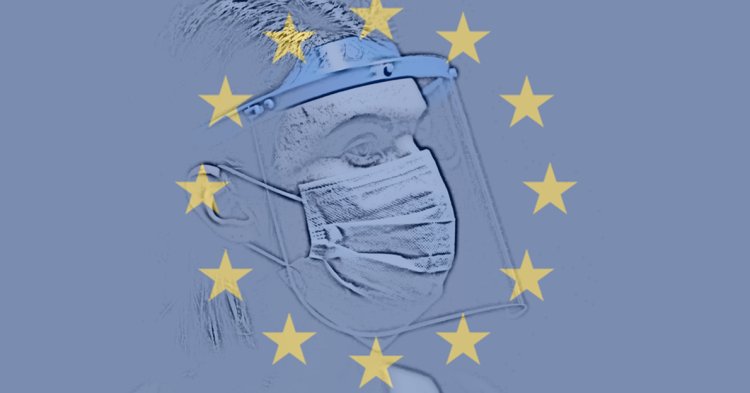With the COVID-19 pandemic still taking the lives of the most vulnerable among us, we are humbled as we realise how fragile and exposed we are in the face of threats so real and so great, yet so far removed from our everyday routines.
There is little question that, barring some notable but scarce exceptions, we have fallen short of successfully using our Union to its full strength - as an effective means of fighting the greatest global threat since its foundation. This realisation, as well as the current, arduous debate over what constitutes an adequate economic recovery strategy, are sending shockwaves deep into the foundations of our common political and economic framework.
In an increasingly multipolar and connected world, global threats impacting the Union as a whole will become increasingly unexpected in their timing, propagation speed, and form. Facing this scenario, we cannot be caught unprepared. We must understand that we will only be able to defend and uphold the freedom and wellbeing of our citizens by building a common shield against common threats.
Such threats may, of course, affect us to different extents - their impact will be unequal. Yet this should not blind us to the most important fact: none of our Member States has the power to withstand global shocks, or to stand up to upcoming global challenges – be they economic, sanitary or security-related - on their own. Advocating for anything else than bestowing sufficient defence mechanisms on our Union is nothing more than advocating for weakness in varying degrees. Too often, throughout the past tragic months, this has been forgotten.
And on this realisation, let us reflect upon what unites us as fellow Europeans – not just centuries of shared heritage with equal measures of culture and violence exchanges, but rather our core, hard-fought commitment to democracy and social justice as the bases for prosperity. In the anxiety over our internal differences, we often fail to realise that this trinomial is increasingly put into question beyond our common borders, but also, worryingly, within them. We cannot afford to expect someone else to take the role of a global champion for this cause on our behalf. Equally, we should not comfort ourselves in agreeing on high-level rhetoric alone, for the threats we face, as we are learning the toughest of ways, will require very concrete and direct mechanisms that we cannot leave unresolved until it is too late.
We must recognise the choice we face: standing up for our core humanist principle and empowering ourselves to defend it, or else accepting our inevitable decline and increasing irrelevance. To those who see our Union simply as an instrument for trade, let us be clear: without a common shield, we will not be able to protect our common market.
If it is not the positive ambition that shall compel us to find the will and the way to construct our shared home, let it be the awareness of what the real alternative is. As we commemorate on the 70th anniversary of the Schumann Declaration, let us construct this common shield through our next series of “concrete achievements”. One could argue that we shall deserve nothing more than what we manage to build together. Let us prove to ourselves, now, that we are worthy of a safe, free, fair, and prosperous future.


Follow the comments: |
|
